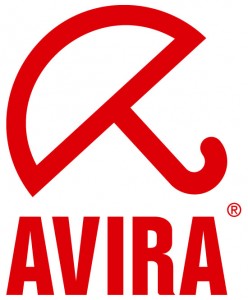 I just read an interesting article about a survey done by the anti-virus company Avira.
I just read an interesting article about a survey done by the anti-virus company Avira.
They said that their survey shows that 25% of users disable their anti virus software because they felt that the programs were making their computers run slowly.
They also found that 3 out of 5 computer users have tried multiple security products within the last year, further showing their dissatisfaction with the product they had been using.
Their conclusion is that anti virus security programs should be written to have minimal impact on the computers performance or else users won’t use them. I certainly agree and don’t dispute that conclusion, but let’s look at some reasons why users might abandon their current anti-virus program and go looking for another.
System Performance – The conclusion of the survey and article. We won’t further debate that, just accept it as one answer.
Trial-ware/Subscription Model – Most new computers come with a trial version of a security suite pre-installed. Norton and McAfee are the big ones. They protect the new computer user right out of the box and typically last for six months, then need to be renewed for some cost. This subscription model works for some people, but others don’t bite. They either feel they should have a secure computer without paying for additional software, or are just aware of free options and choose to go that route.
New Options – People may not give their anti-virus software a lot of thought until something makes them think about it. Sometimes it’s because their subscription is expiring. Other times something comes along and convinces them to change. In the last year a lot of people have probably changed to Microsoft’s Security Essentials because it was offered to them during their regular Windows Updates cycle. Not to mention that it’s free. Or they might try another brand because there are so many, good and bad, advertising themselves.
Free Alternatives – Good, free, AV solutions are out there and people are becoming aware of them. Microsoft is offering their Security Essentials as free, and painless to get. It’s like they are acknowledging that security is a part of the operating system, and that it is in their best interest to provide it. AVG has long offered a free version of their program that provides basic protection and is fairly low-impact on system performance. Other companies have also begun offering either free online virus scans (not a good substitute for a full-time product) as well as light-weight free versions of their security programs, hoping to get you to buy the full version.
Bloated Suites – Finally, people may be inclined to change just because whatever they are using already is just too much. It’s related to the system performance issue, but really more than just that. Some of these all-in-one security suites are just too much. They are more than people need or want and besides slowing down the computer’s performance, sometimes cause other problems, give false alarms, nag too much or just are too complicated. People may switch to a simpler AV solution that just works without requiring constant attention.
So, while it’s true that Security Software makers need to understand why people change programs, it may not be as simple a reason as system performance. Sluggish computer performance has been an issue for some time and security programs have gotten a bad rap for it. Most of them, even the big suites from Symantec and McAfee have been greatly improved already in this area. But there is always room for improvement. Microsoft has shown that with their product that runs almost unnoticed in the background. Of course, who better to build a program that integrates seamlessly with the inner workings of an operating system, than the OS designer itself.




